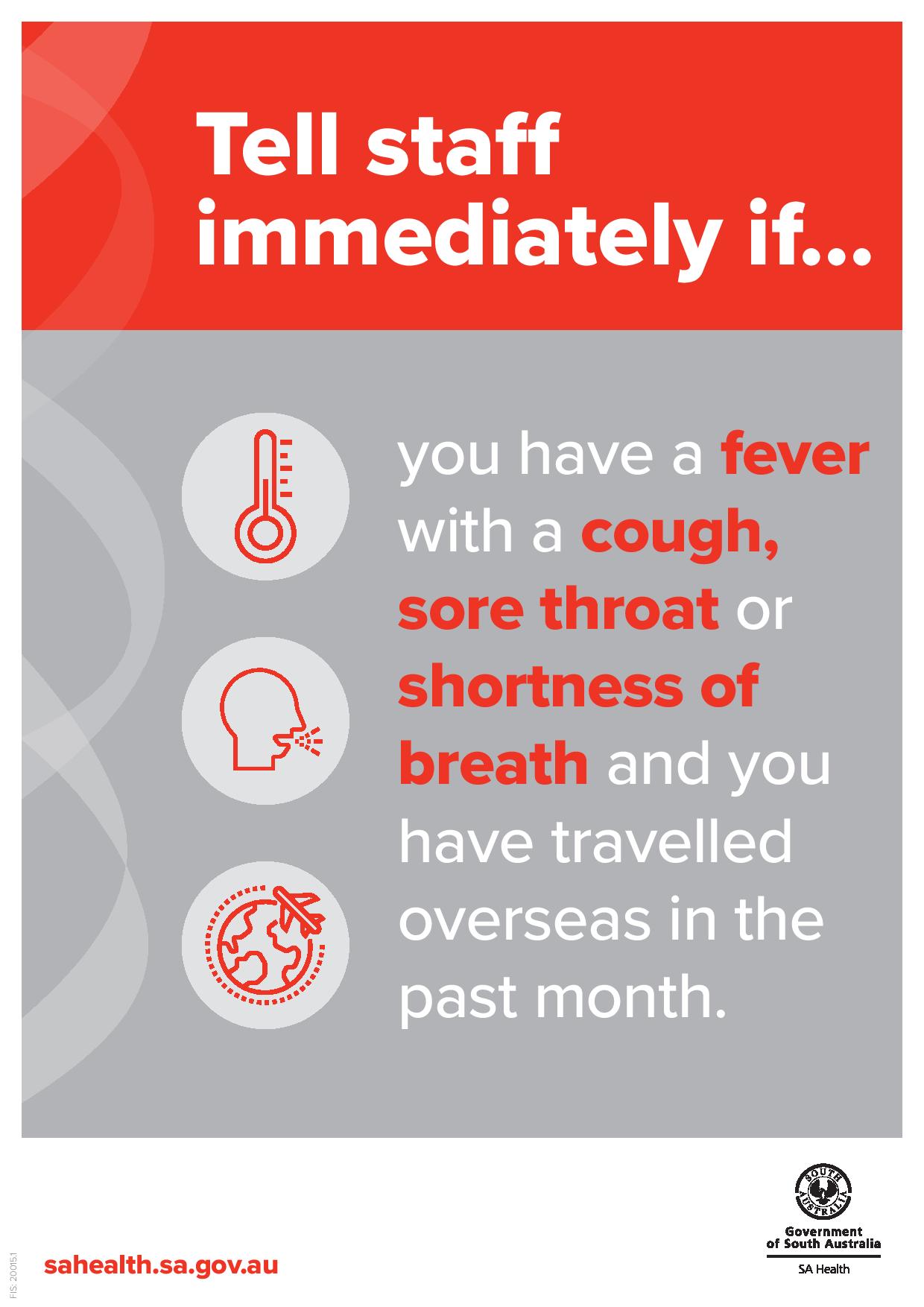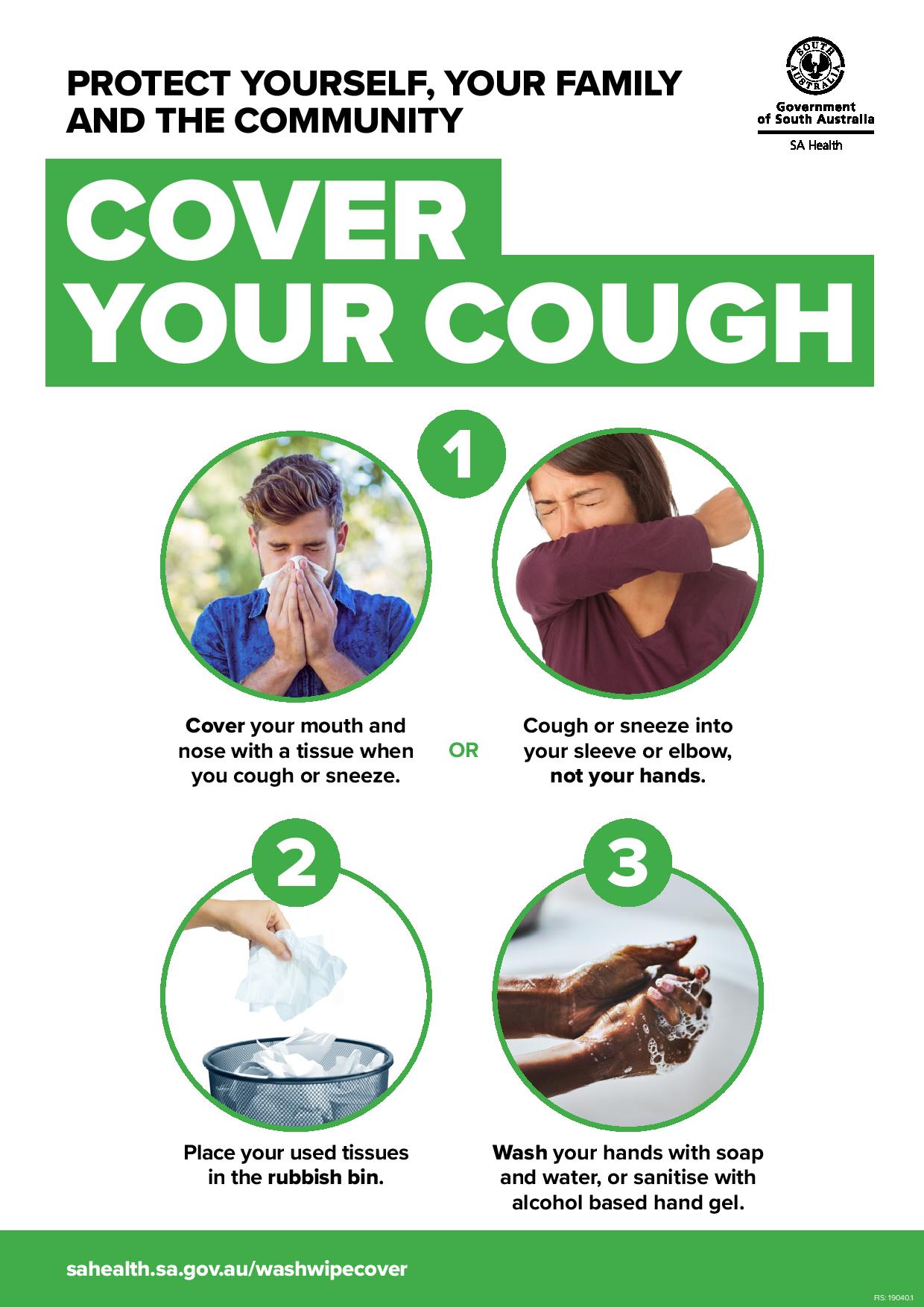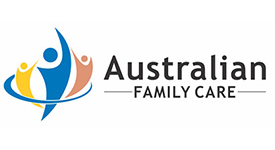COVID-19 update from SA Health for GPs
In South Australia, emergency planning is well underway to ensure we are well placed to manage coronavirus disease (COVID-19).
SA Health has already implemented a suite of measures, in-line with the rest of Australia over and above those recommended by the World Health Organization (WHO) to help stop the spread of the virus and protect South Australians.
Recent South Australian cases
Four people have tested positive to COVID-19 in South Australia this week, all who have recently returned from overseas.
The Communicable Disease Control Branch (CDCB) is currently undertaking contact tracing on all of these cases.
Flight details are available on the SA Health website and travellers on these flights should contact CDCB on health.coronavirusenquiries@sa.gov.au with information including flight taken, seat number, contact details and if they are unwell.
Updated advice for returned travellers and healthcare workers
Commonwealth advice has been updated to include more countries that are considered to pose a risk of transmission to travellers arriving in Australia (current as of 5 March 2020):
- High risk: mainland China, Iran, Italy and Republic of Korea
- Moderate risk: Cambodia, Hong Kong, Indonesia, Japan, Singapore and Thailand
As of 5 March 2020:
- People who have travelled in or transited though mainland China or Iran must isolate themselves for 14 days after leaving mainland China or Iran.
- People who have travelled from the Republic of Korea, on or after 5 March, must isolate themselves for 14 days from the time they left the Republic of Korea.
- People arriving in Australia from Italy, must present for health screening at the border as directed. They do not need to isolate themselves but cannot attend work for 14 days if they work as a healthcare worker with close patient contact in a hospital or residential aged care facility.
- People who have travelled in or transited through the moderate-risk countries in the last 14 days should monitor themselves for symptoms of COVID-19 and immediately isolate themselves if they become unwell.
Assessment and testing of potential COVID-19 patients
SA Health is still recommending that people with mild symptoms see a GP, and call ahead to alert them of their arrival and travel history.
SA Pathology has established a dedicated metropolitan Adelaide Domiciliary Service for General Practitioners who are unable to collect the specimen due to not having access to PPE (personal protective equipment) or appropriate facilities. These patients require a request form to be completed by a doctor and approved by CDCB.
For more information on how to access testing please visit www.sahealth.sa.gov.au/COVID2019
A dedicated COVID-19 clinic has been established at the Royal Adelaide Hospital and more are planned across metropolitan Local Health Networks. Clinics will triage, assess, test and refer suspected, probable or confirmed cases of COVID-19 that are presenting to the hospital.
Only those people with relevant travel history and symptoms should be presenting to these clinics.
Personal Protective Equipment
Healthcare workers should follow specific advice on PPE when looking after patients who are confirmed to have, or suspected of having, COVID-19.
- Whilst waiting, ask the patient to wear a surgical mask and put in a single room, where possible.
- Clinical assessment of patients – surgical mask, gown and gloves.
- Taking swabs of patients with mild symptoms – surgical mask, gown and gloves in a single room with the door shut.
- Taking swabs of patients with severe symptoms – N95/P2 mask, gown and gloves in a single room with the door shut, then leave room vacant for 30 minutes afterwards.
- Undertake thorough hand hygiene.
GPs who do not have the required PPE to assess or test patients should refer them as above.
South Australia’s preparedness
South Australia’s response to COVID-19 is being tailored to most effectively deal with the evolving situation as more is learnt about the characteristics of COVID-19 and its spread overseas.
Last week, the Australian Health Sector Emergency Response Plan for Novel Coronavirus (COVID-19) Plan was released, outlining clear responses and actions that can be taken should a widespread community transmission occur in Australia, and ensures resources and public health interventions are targeted to most effectively protect the health of all Australians.
SA Health is finalising a state-wide plan for COVID-19 which will look at creating capacity in the metropolitan health system by utilising a range of strategies including utilising peri urban hospitals, using private hospitals and improving community services and home services.
Legislative changes passed this week, strengthening public health laws through a set of measures which better equip South Australia to combat COVID-19, and similar threats in the future.
SA Health is telling the community to be alert, not alarmed and encouraging people to take steps to reduce the risk of getting sick or spreading infections to other people.
More information
www.health.gov.au/health-topics/novel-coronavirus-2019-ncov
www.smartraveller.gov.au/news-and-updates/coronavirus-covid-19
www.sahealth.sa.gov.au/COVID2019
Fact Sheet for General Practice – Respiratory hygiene stations



